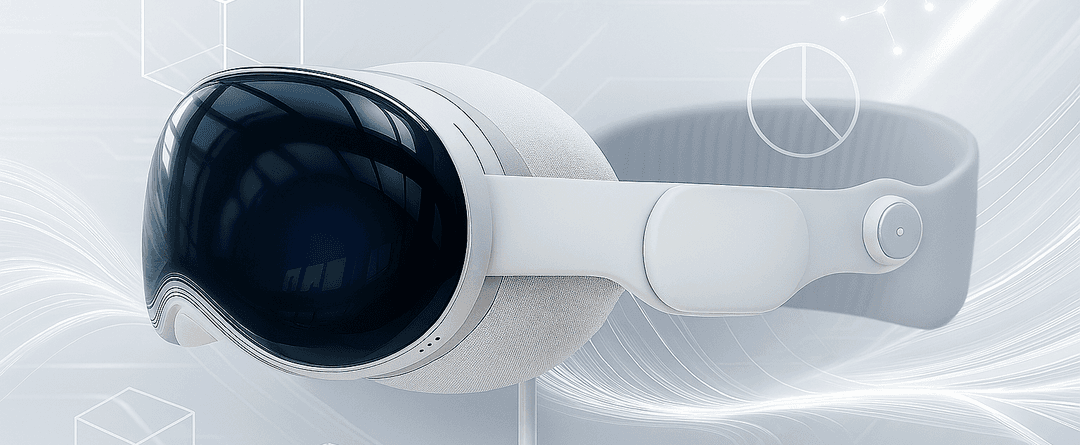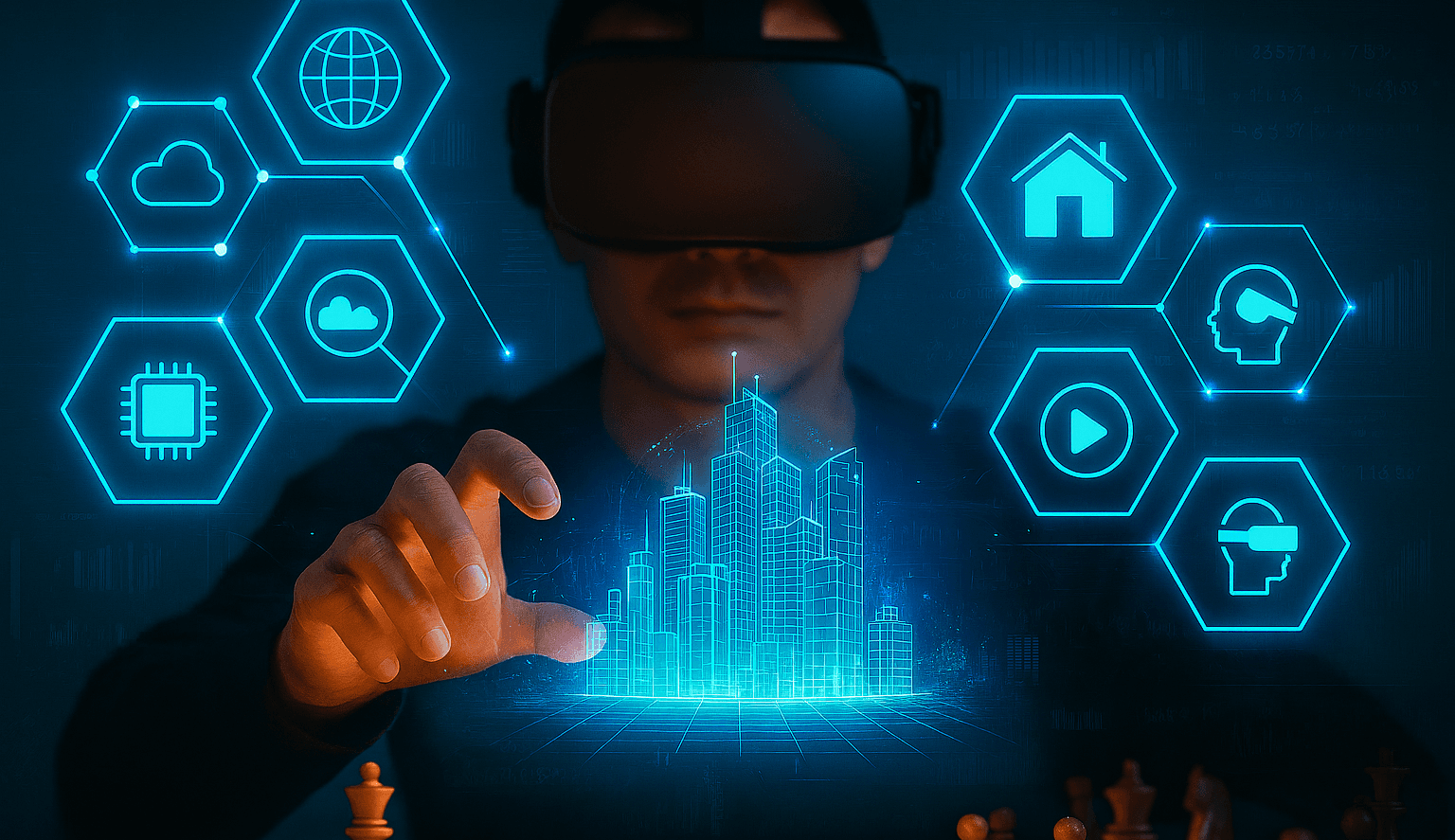
Building Virtual Worlds and Simulated Environments
Program Details
- Language: English
- Fees: 900
- Registration Deadline: March 15th, 2026
Entry requirements
- High school diploma or equivalent
- Basic computer literacy
- English Level B1 (CEFR) or equivalent
Study Access
About This Course
This module equips students with the theoretical foundations and technical skills to design and construct immersive virtual worlds, integrating the core systems of geometry, light, physics, rendering, and interaction. Emphasising a synthesis of physical realism and interactive responsiveness, the course prepares students to build visually compelling, perceptually convincing, and functionally robust virtual worlds. Students will engage with topics including spatial modelling, coordinate transformations, lighting models, physical simulations, and real-time rendering pipelines, with practical implementation in professional XR development tools such as Unity. The course also addresses the optimisation of performance, balancing aesthetic fidelity with technical constraints across XR platforms. Project-based work encourages students to iteratively build, test, and refine virtual environments where users can move, see, and interact fluidly.
Learning Objectives
- Apply core concepts of geometry, 3D transformations, and spatial layout to model and structure immersive environments.
- Design and implement lighting and visual rendering systems informed by both perceptual psychology and real-time graphics principles.
- Simulate physics-based interactions, including collisions, forces, particle systems, and environment-based motion, using tools such as Unity and C#.
- Integrate interactive components such as locomotion, object manipulation, UI controls, and dynamic environmental responses.
- Understand and optimize rendering pipelines and performance constraints for deployment on VR, AR, and MR platforms.
- Evaluate the aesthetic, experiential, and computational quality of virtual worlds, ensuring alignment with user-centred design goals and immersive realism.
Study Programs
This course is mandatory for the following study programs.
- M.Sc. Advanced Digital Reality
This course is offered as an elective for the following study programs.
- MBA Digital Technologies
- MBA Digital Transformation
- M.Sc. Applied AI
- M.Sc. Cybersecurity
- M.Sc. Digital Leadership
Micro Degree
- This course is offered as a micro degree.
- German UDS Micro Degrees are compatible with the European MOOC Consortiums Common Micro Credentials Framework.
- Micro Degrees will be rewarded with an equivalent of 5 ECTS.
- Micro Degrees are offered to non-regular students and require a fee of €900.
Requirements
None
General Information
- Teaching Format: Experience
- Total Workload Master: 125h (40h/85h) / 5 ECTS
- Total Workload MBA: 100h (30h/70h) / 4 ECTS
- Total Workload Micro Degree: 125h (40h/85h) / Equivalent to 5 ECTS
- Module coordinator: Prof. Dr. Daniele Di Mitri
- Examinations: Quizzes, presentation(s), essay(s)/paper(s), project report(s), written exam (tbd) - Details will be announced with course start.
- Offered: Odd quarters

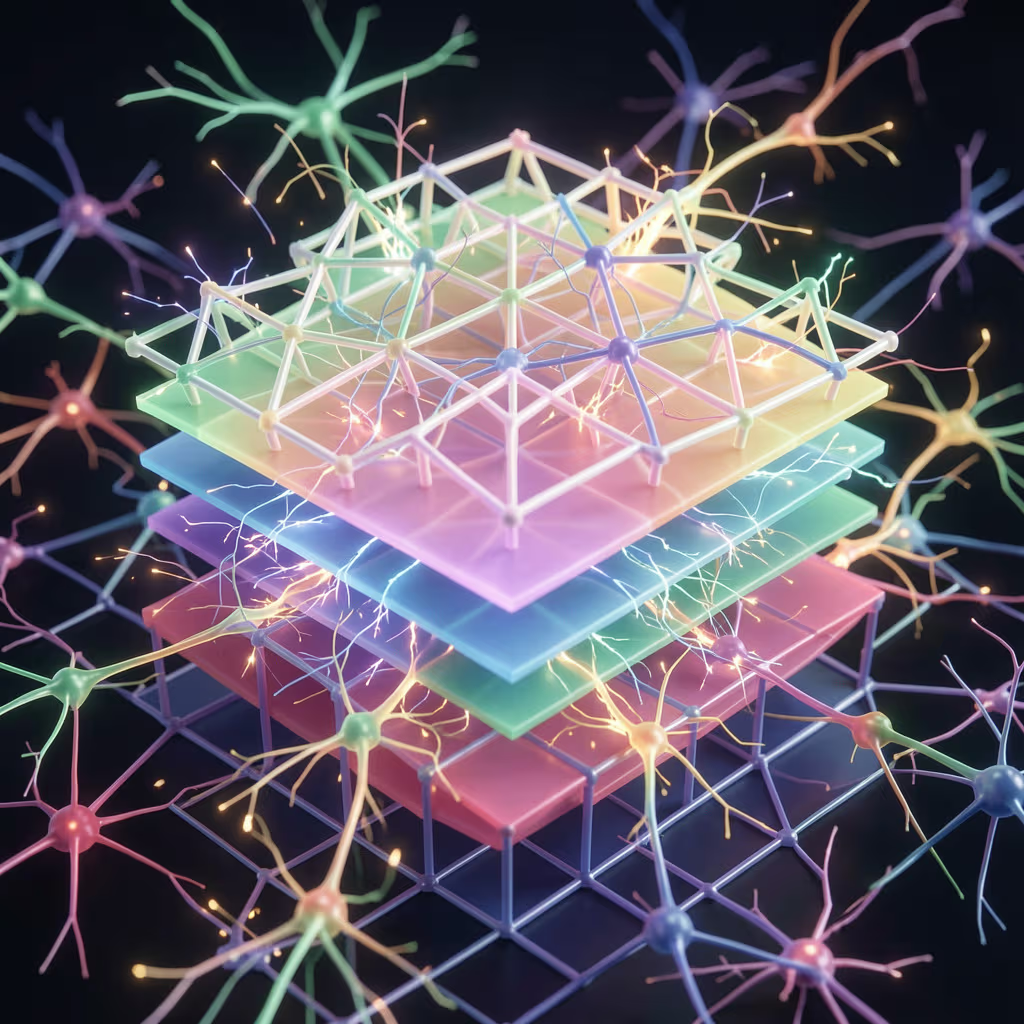
%2520%25E2%2580%2593%2520Complete%2520Learning%2520Package.png&w=1080&q=75)



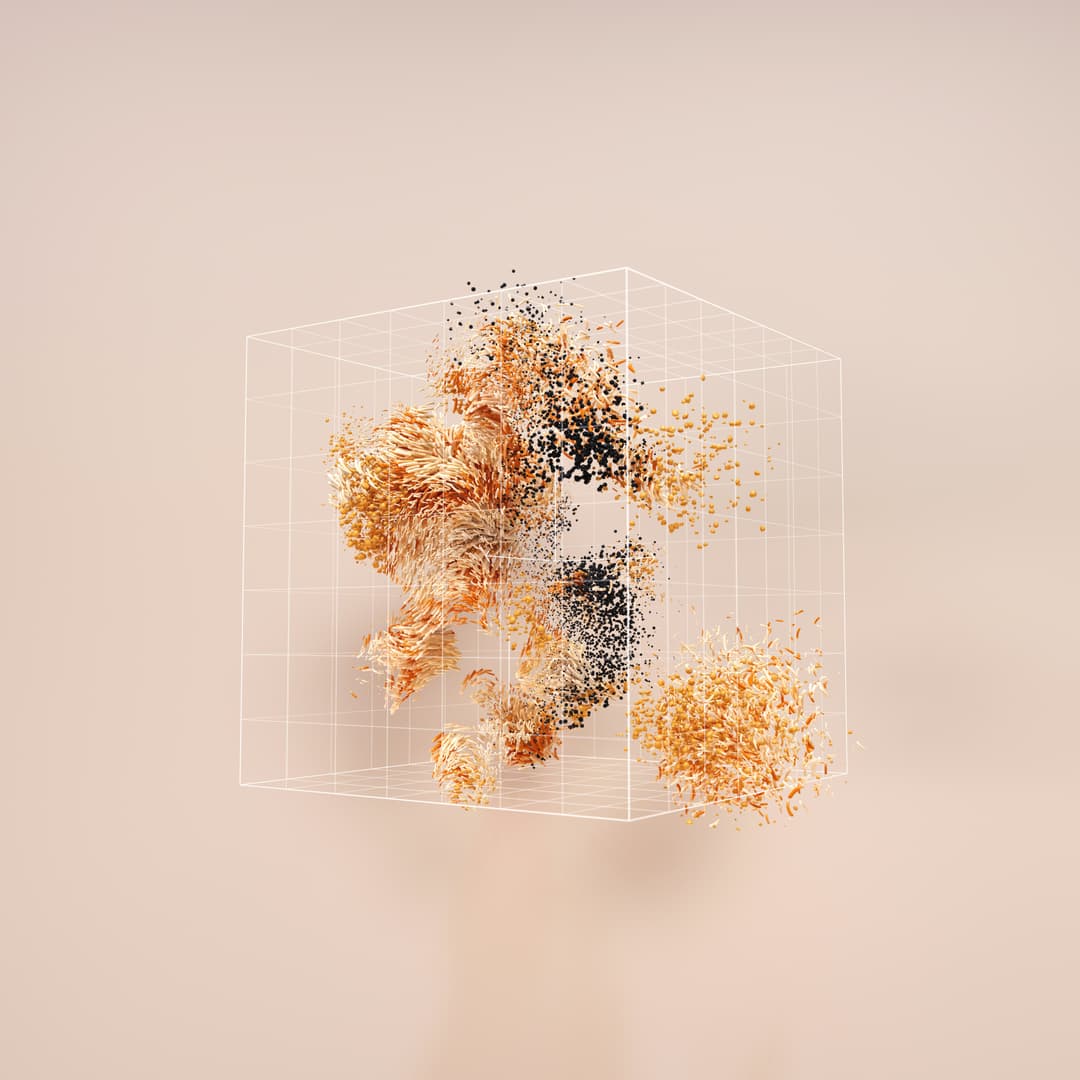

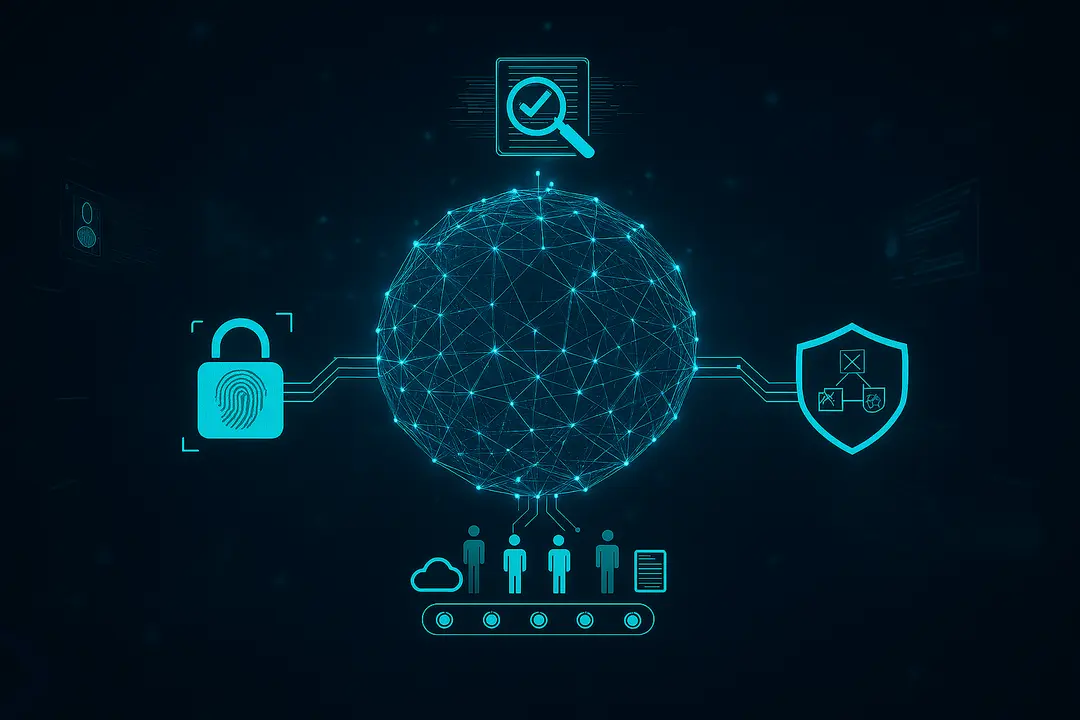
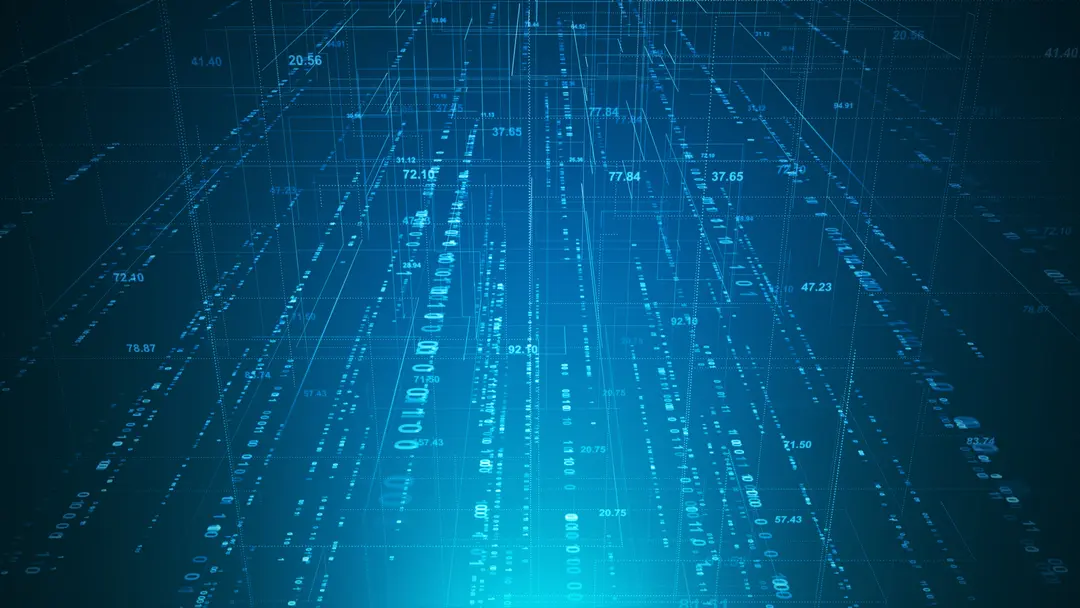



















.jpg&w=1080&q=75)




